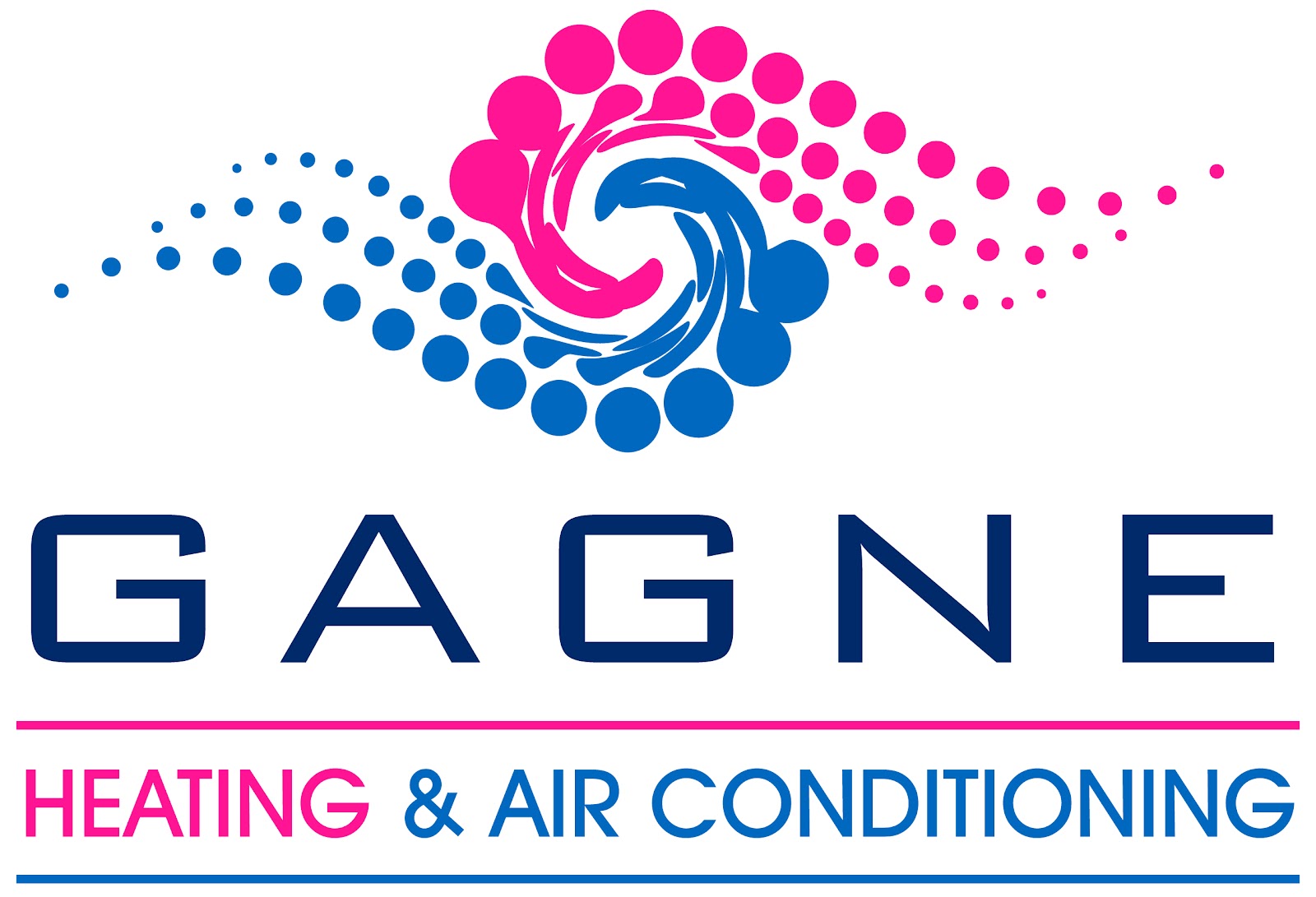Just over a year ago to date, Atlanta and much of Georgia experienced its worst heat wave in almost a century. On Sunday, July 1st, 2012, the National Weather Service recorded a temperature of 105 degrees in metro-Atlanta and 108 in Athens, beating a record set in 1927 by five degrees.
And while thankfully this summer has stayed tame compared to last years’ scorcher, daily temperatures can still easily soar into the 90s, making air conditioning units run to keep homes and offices cool.
Heat like this means you need every trick available to get the most out of your cooling system and hold the rising temperatures at bay. Here are a few things you can do to help your AC unit survive the summer heat.
Have Reasonable Expectations – The peak temperature at which most typical AC units are designed to functionally operate is 90 degrees. That means, when the temperature is 90 degrees outside, your system is running at “full throttle,” so to speak. Keep in mind that when temperatures rise above that, your home may get a little warmer than what you prefer.
Do Not Crank Down the Thermostat – It can be ever so tempting to lower the thermostat when it’s feeling hot outside. However, for the longevity of your unit it is best to resist this temptation. If your unit is already running constantly, dropping the inside temperature from 75 to 72 degrees will not make the air coming out of the vents any colder, but rather keep your unit running longer. Pushing the system harder by lowering the thermostat will only cause damage to your unit.
Check Your Air Filter – Replacing the air filter is easy to forget but an important step towards keeping your home cool. Check your filter and change it even if it looks only somewhat dirty. It’s a cheap fix that can make a huge impact on the life span and functionality of your cooling system.
Close Curtains, Blinds, and Shades – By covering the windows in your home during peak daylight hours, you can help out your AC unit and keep the sunshine from getting inside as much as possible.
Use Fans – Fans don’t produce cool air on their own, but rather push around the air in a room. However, this alone can go a long way in making a home feel cooler. Use fans to create air movement and lighten the burden on your AC unit. Just remember to turn them off when you leave the room to save electricity.
Don’t Obstruct Air Vents – If air is unable to freely enter and exit through your home’s vents, it will have a difficult time keeping you cool. Make sure furniture isn’t blocking air returns or supply registers.
Get Your Cooling System Evaluated
Finally, call a local AC repairman to have your unit professionally serviced. Loose ductwork, poor insulation, and air leaks can all decrease the efficiency of your cooling system. Many of these problems can be fixed at a relatively low cost, but frequently it takes a professional to detect them.
